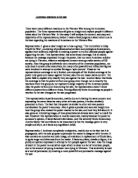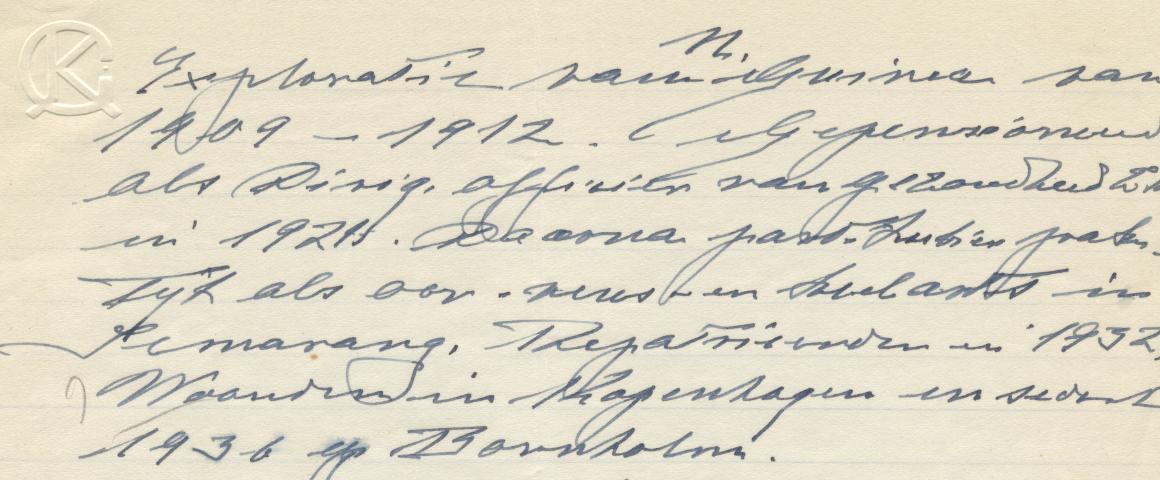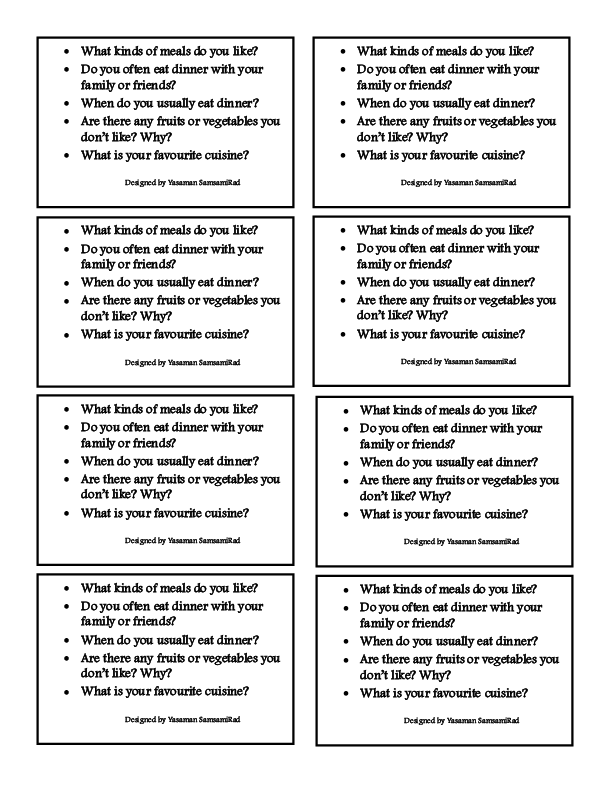Tartuffe Literary Analysis - The Paper Guide.
Tartuffe Essay Examples. 43 total results. An Analysis of the Character of Orgon in Tartuffe by Moliere. 468 words. 1 page. An Analysis of the Challenges in the Original Production of Tartuffe by Moliere. 1,690 words. 4 pages. Character Analysis of Orgon in the Play Tartuffe by Moliere. 717 words. 2 pages. The Ideas of the Social and Political Standings Portrayed in the Play Tartuffe by Jean.The Tartuffe study guide contains a biography of Moliere, literature essays, quiz questions, major themes, characters, and a full summary and analysis.Although he does not appear until half-way through Act One, Tartuffe is discussed extensively by all of the other characters. Most of the characters realize that Tartuffe is a loathsome hypocrite who pretends to be a religious zealot. However, the wealthy Orgon and his mother fall for Tartuffe’s illusion.
The character on whom the play derives its name first appears in the play in Scene 2 of Act 3, which is nearly halfway through the play. Moliere’s play focuses primarily on Orgon and his constant scuffles with his family and the folly enshrined in religious hypocrisy (Galens 112). These struggles contain a myriad of allegorical insinuations.For example, when Tartuffe sees Dorine in Act 3, Scene 2, he tells her: “Cover your bust. The flesh is weak. Souls are forever damaged by such sights, When sinful thoughts begin their evil flights.” From this scene, there is clear evidence showing how Tartuffe is a hypocrite. Here, he preaches about the importance of chastity; however, in.

In the opening act of the play, Madame Pernelle is rebuking her grandson, Damis (Mariane’s brother), concerning his attitude toward Tartuffe. Dorine, Mariane’s maid, speaks up and attempts through reason to convince Madame Pernelle that Tartuffe is a “fraud.” When Madame Pernelle states that Tartuffe is disliked because he points out sin in their life, Dorine responds “If sin is all.












